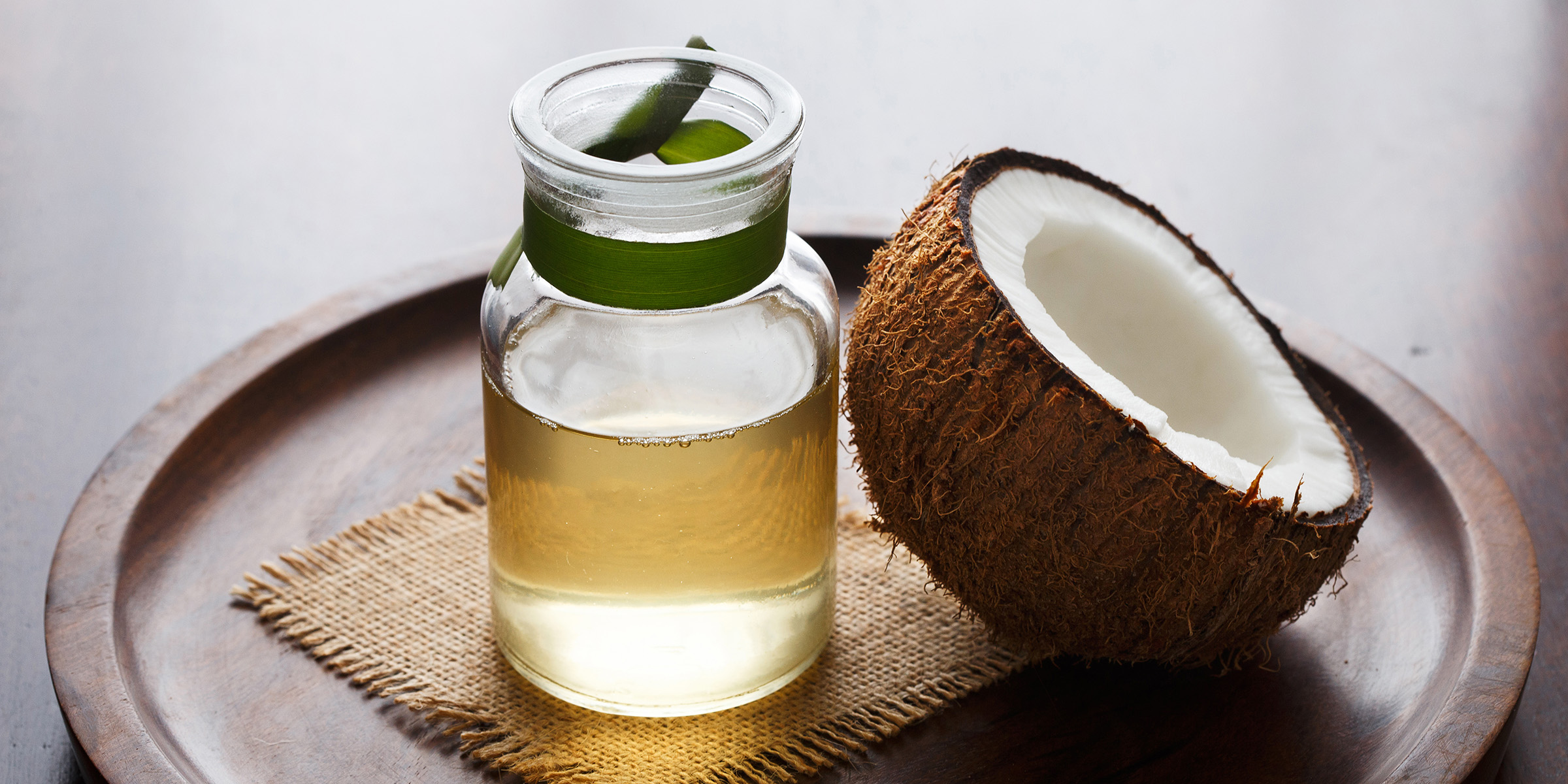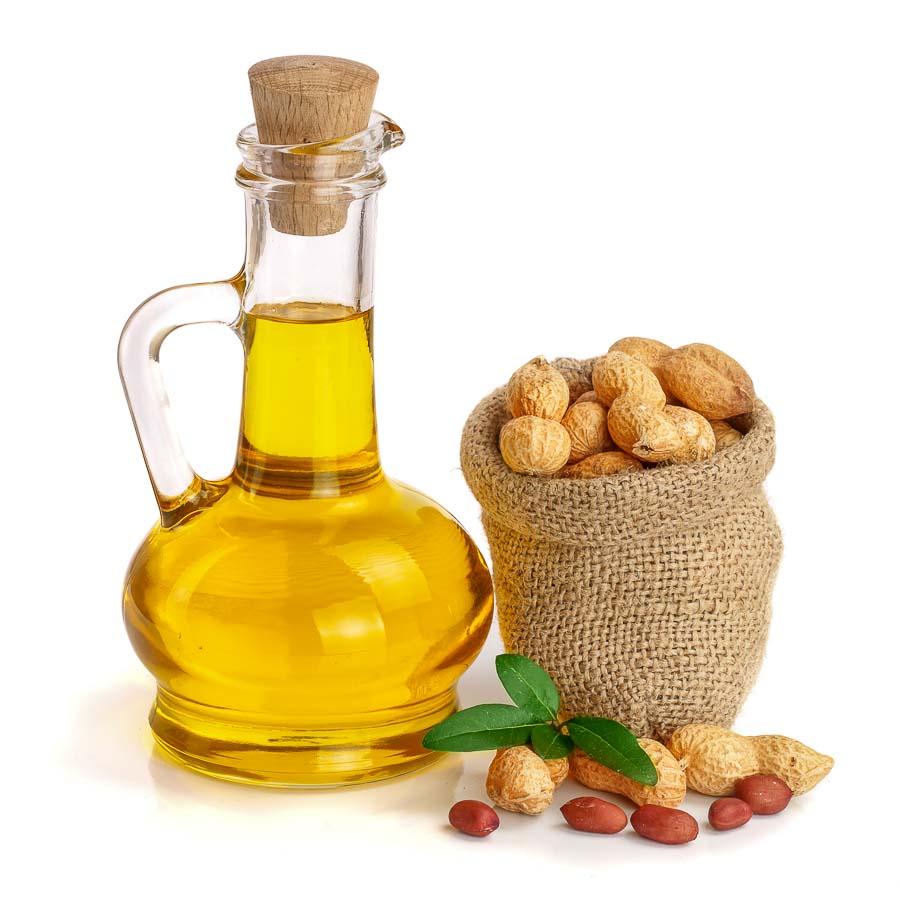Butyric
Macronutrient
Last update date: October 11, 2023
As a result of the good gut bacteria breaking down dietary fibre, butyric acid is produced as a fatty acid. It is used as a flavouring agent, to give butter like flavour in foods.
Frequently Asked Questions
1.
What is Butyric?
Butyric acid is a type of short-chain fatty acid (SCFA), one of the three most common SCFAs in your gut alongside acetic acid and propionic acid. These SCFAs, making up 90 to 95 percent of SCFAs in your gut, are saturated fatty acids produced when beneficial gut bacteria break down dietary fiber.
2.
What is positive impact of Butyric?
Butyric acid has several potential health benefits. It may positively impact conditions like: Irritable Bowel Syndrome (IBS): Some studies suggest that butyric acid supplementation can alleviate symptoms of IBS. Crohn's Disease: Preliminary research indicates that it might have a protective effect on the colon and reduce inflammation in Crohn's disease. Colon Cancer: Butyric acid is linked to maintaining colon health, potentially reducing the risk of colon cancer. Insulin Sensitivity: It may improve insulin sensitivity, which is important for managing blood sugar levels.
3.
What is negative impact of Butyric?
As of now, there is limited clinical evidence available to fully assess the safety profile of butyric acid. However, a study exploring butyric acid supplementation at a daily dose of 300 mg found no reported side effects. Additional research is needed to comprehensively evaluate any potential adverse effects and safety considerations associated with its use.
4.
Who should avoid Butyric?
If you are pregnant or breastfeeding, it is advisable to exercise caution regarding butyric acid supplementation. An animal study has indicated that providing pregnant and breastfeeding rats with sodium butyrate resulted in insulin resistance and increased fat storage in their offspring. Hence, it is prudent to be cautious during pregnancy and while nursing.
5.
What are common sources of Butyric?
Dietary sources of butyric acid include: Ghee: A popular clarified butter in Indian cuisine. Cow's Milk: Regular consumption of cow's milk can provide a natural source of butyric acid. Butter: Butter contains butyric acid and is a versatile ingredient in many dishes. Sheep's Milk: An alternative source of butyric acid found in some dairy products. Goat's Milk: Goat's milk also contains butyric acid and is used in various culinary preparations. Breast Milk: It's naturally present in breast milk, providing essential nutrition to infants. Parmesan Cheese: This cheese variety includes butyric acid as part of its flavor profile. These common food sources allow you to incorporate butyric acid into your diet naturally.
















